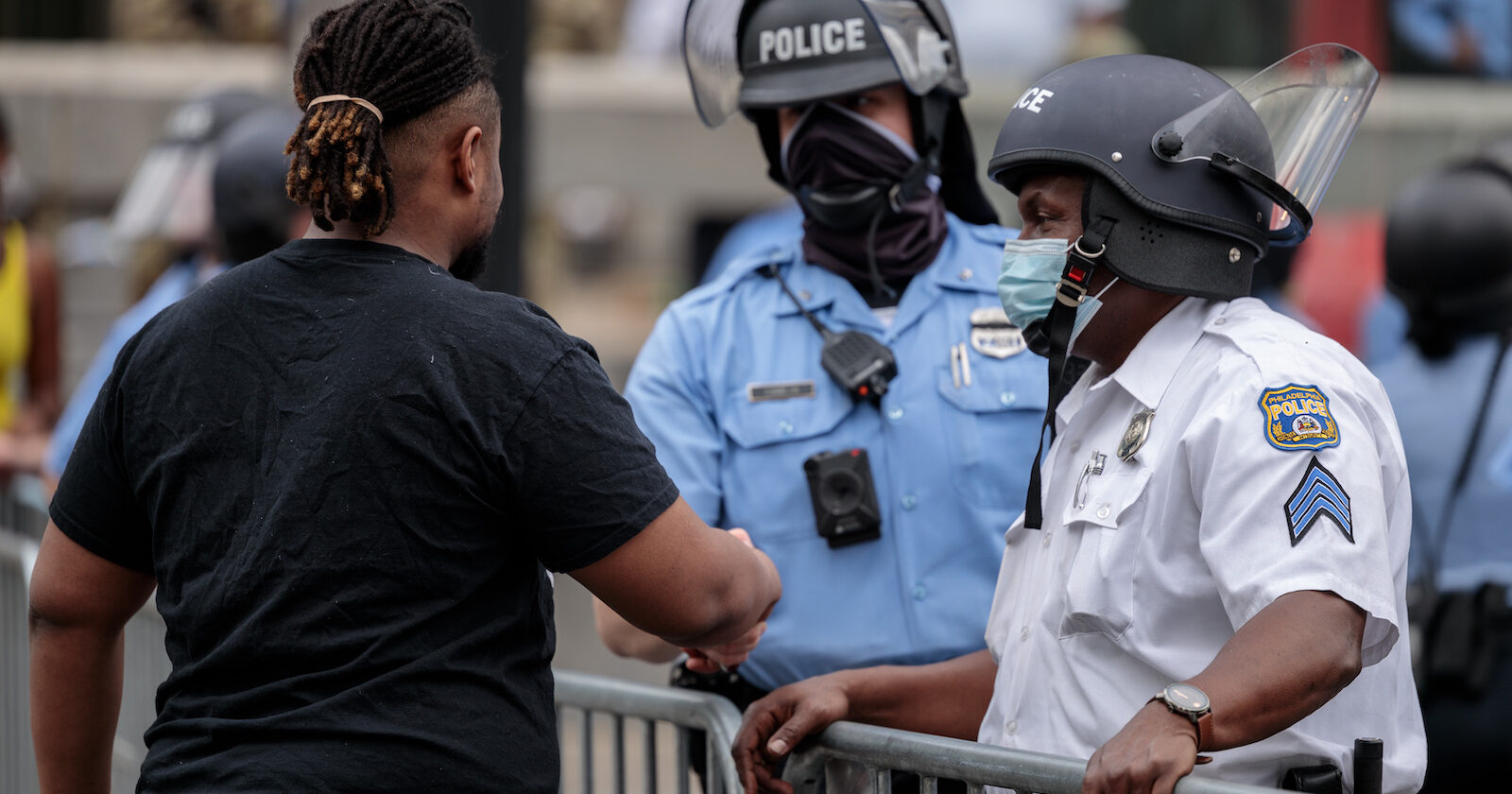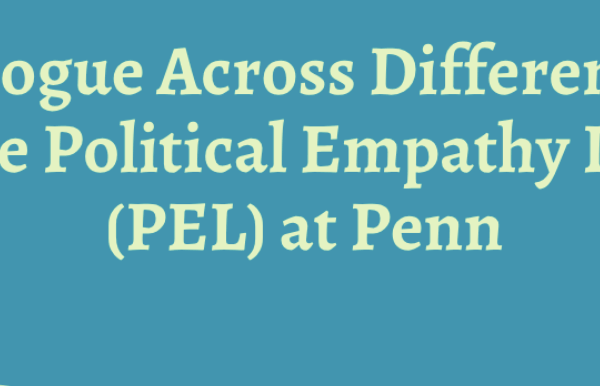Two police chiefs with vast experience leading metropolitan police forces will discuss the best approaches and biggest obstacles to addressing systemic problems in American policing.
Leading the discussion will be distinguished journalist Dave Davies of NPR’s Fresh Air.
This year, a painful sequence of killings of Black Americans at the hands of police has spawned protest marches, an intense focus on the roots and extent of systemic racism in police practice, and a sharp debate between those who advocate various ideas for reforming police practice and those who, under the banner of “defund the police,” favor more drastic steps.
Commissioners Ramsey and Harrison are well-positioned to provide insight into both the potential and the pitfalls of reform efforts. Each has managed police forces operating under federal “consent decrees,” a tool that the U.S. Justice Department uses to accelerate departmental changes in response to abuses and failings. Ramsey did so in Philadelphia and Harrison has done so in both Baltimore and his previous stop, New Orleans.
Ramsey also served as co-chair of President Obama’s Task Force on 21st Century Policing, which released a highly praised report in 2015.
Ramsey led the Philadelphia police force from 2008 to 2016, when he retired. He was chief of the Metropolitan Police Department of the District of Columbia from 1998 to 2007. Before that, he served three decades on the police force of his native Chicago, rising to deputy superintendent.
Harrison was sworn in as the Baltimore Police Department’s 41st Commissioner in 2019. Before coming to Baltimore, he served the New Orleans Police Department for nearly three decades. He was appointed to Superintendent in 2014 and led the Department for over four years. He is an advocate of community policing and evidence-based crime fighting.
Davies is a lead contributor to NPR’s immensely popular Fresh Air program and podcast. He’s also had a highly decorated career as a local journalist in Philadelphia, working for KYW News Radio, the Daily News and WHYY public media.
The Red and Blue Exchange is a new initiative on the Penn campus with a mission to promote civil dialogue and viewpoint diversity. It is a program of the SNF Paideia Program, which provides curricular and co-curricular opportunities for all students to develop the knowledge, skills, and ethical frameworks necessary to be informed, engaged, and effective community members, and to lead fulfilling and integrated personal, professional, and civic lives.
The conversation with former Philadelphia and D.C. Metro Commissioner Charles Ramsey and Baltimore Commissioner Michael Harrison is co-sponsored by the Quattrone Center of the University of Pennsylvania Carey Law School and the Red and Blue Exchange, an initiative of Penn’s SNF Paideia Program.
This police reform program is made possible by the generosity of the Gamba Family.




